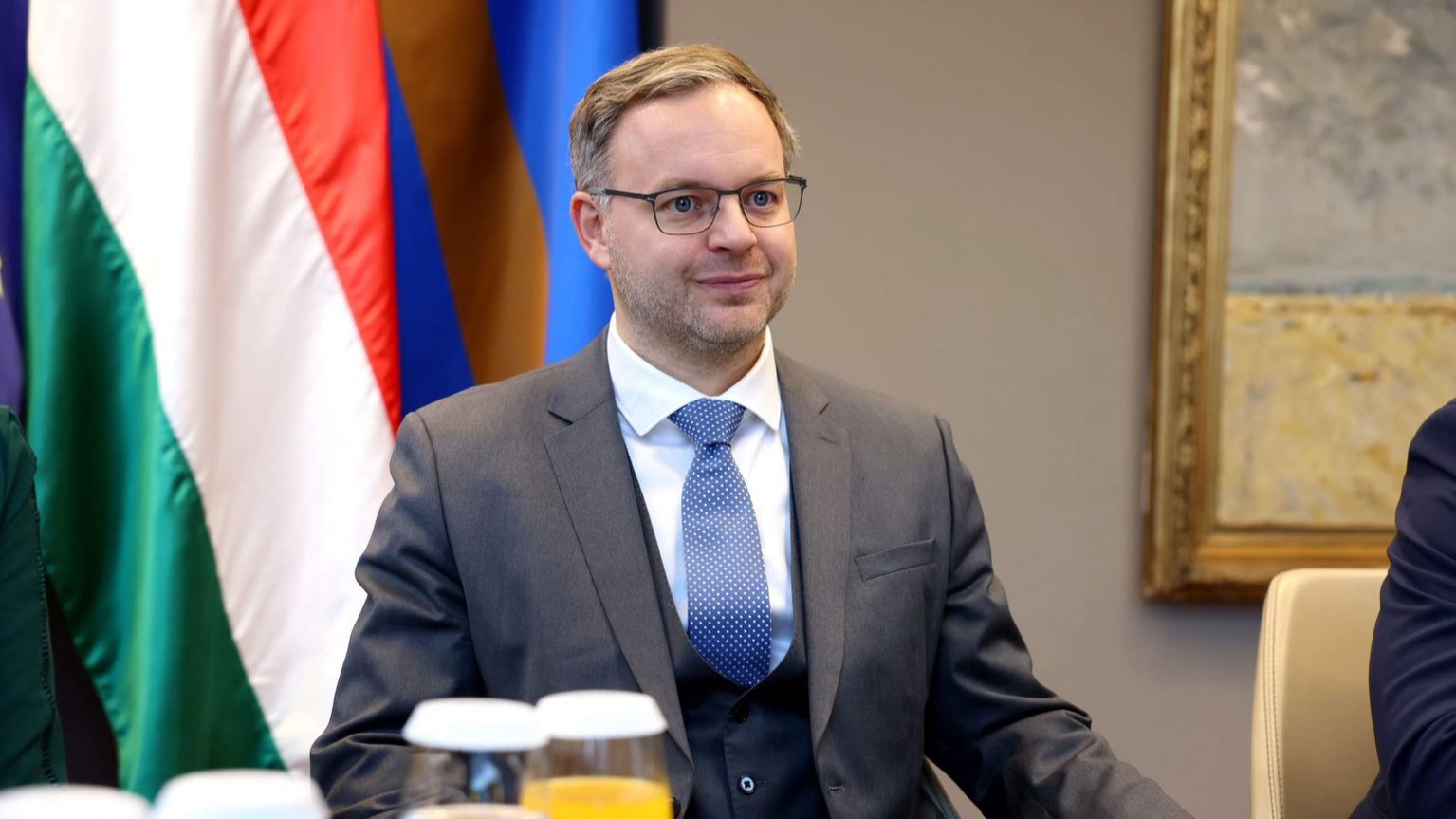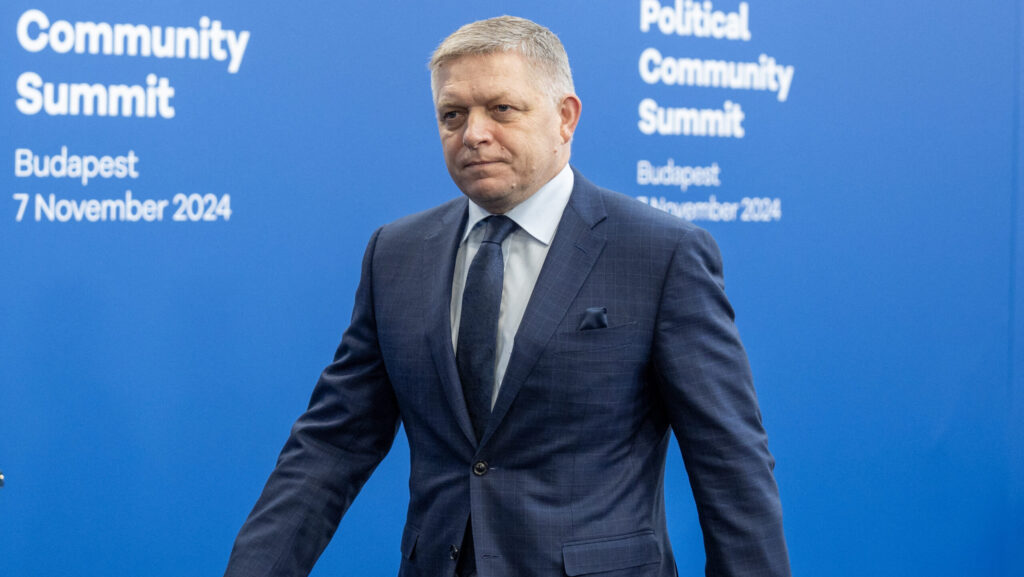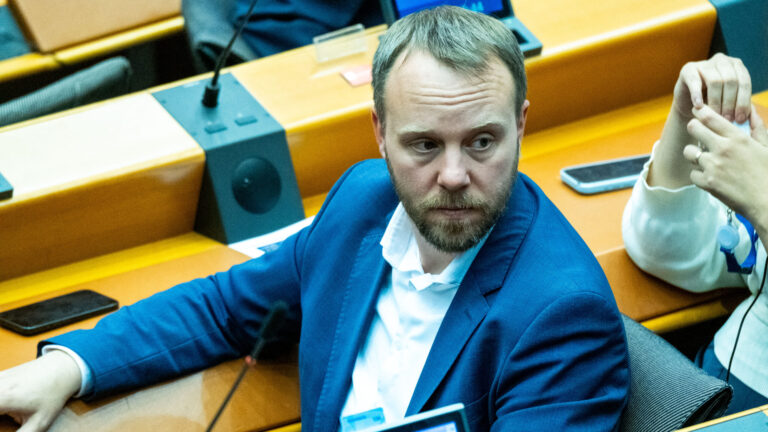On 3 December, after two weeks of scrutiny by opposition media and the progressive networks, all eyes were on Balázs Orbán as he defended his doctoral thesis at Eötvös Loránd University (ELTE). Despite accusations from leftist and progressive critics, it was confirmed that the Hungarian prime minister’s political director had authored the thesis himself, there was no plagiarism, and he successfully defended his dissertation.
‘Live coverage of a doctoral procedure and a successful thesis—you don’t see this every day!’, Balázs Orbán wrote in a Facebook post on Tuesday. The political director thanked the university and its professors for the fair treatment. ‘In scientific matters, it is the representatives of science who have the right to decide. There is no place for politically motivated discrimination or obstruction at a university,’ he highlighted.
Orbán Balázs
Élőben tudósított doktori eljárás és sikeres védés – ilyet sem látni minden nap! Köszönöm mindenkinek a támogató és gratuláló üzeneteket. Köszönöm az egyetemnek a korrekt eljárást. És köszönöm…
As reported by Hungarian Conservative, Balázs Orbán’s doctoral dissertation faced opposition from two leading academics on the Doctoral Council, who sought to block its defence solely due to his affiliation with the right-wing conservative Fidesz party. This level of cancel culture infiltration into Hungarian academic life is unprecedented. Understandably, many people rallied in support of the political director. The Hungarian Academy of Sciences (MTA) and the leadership of ELTE united to defend academic freedom against the progressive dictatorship of opinion.
It is now evident that the cancel culture-like attempt to influence Hungarian academic practices has failed. However, the example of Balázs Orbán underscores the need for strong and decisive action against such efforts in the future. Individuals—whether students or teachers—who openly express their political opinions and as a result face exclusion attempts by progressives need to be supported. Few possess the public experience necessary to fend off such attempts, as was the case with Balázs Orbán.
To address the matter, the Foundation for Transparent Journalism has launched an initiative called ‘Transparent Education,’ aimed at supporting those in similar situations. The program offers guidelines, workshops, and a dedicated hotline. Following his successful defence, Balázs Orbán expressed his desire to back such initiatives, stating that he now understands first-hand the challenges of pursuing academic work under such adversarial conditions.
Anna Unger, the opponent of Balázs Orbán’s doctoral thesis—and notably not a supporter of the government party, as she is an expert affiliated with one of the largest opposition multimedia platforms, Partizán—also weighed in on the controversy. In a Facebook post responding to the events of recent weeks, Unger expressed her surprise at how academic work had become entangled in daily political games.
Unger also referred to a network, reinforcing the suggestion that the attack on Balázs Orbán’s academic work may have been a coordinated political action. ‘Never before have I had such a direct and open view of how the abuse of public expertise, the bullying, and the informal moral oppression function in a network-like manner,’ she wrote.
Anna Unger
„Ebben az ünnepi órában a tudomány és az igazság szolgálatára szentelem magamat, és arra törekszem, hogy tudományomat az Eötvös Loránd Tudományegyetem tisztességére, embertársaim javára, népem és...
She added that in recent weeks there has been a proliferation of misinformation surrounding the doctoral thesis at hand, fuelled by a combination of ignorance and complacency, as well as the public dissemination of unprofessional comments presented as truth. ‘And, of course, the overwhelming presence of dishonesty and dumbing down, along with the lack of standing up for and adhering to the facts,’ Unger wrote.
Unger also spoke about the hostilities she faced simply for taking on the role of opposing Balázs Orbán’s dissertation. ‘“How could you take it on?” I was asked, sometimes in private comments, sometimes through moral value judgments in public posts or letters. Disapproving remarks, mocking emails, averted gazes, and a lack of gratitude marked the past few weeks,’ Unger recalled.
Related articles:







